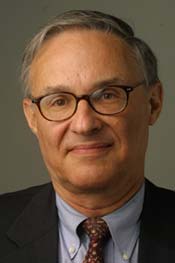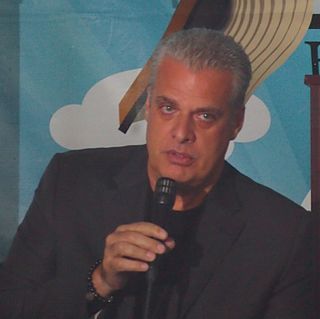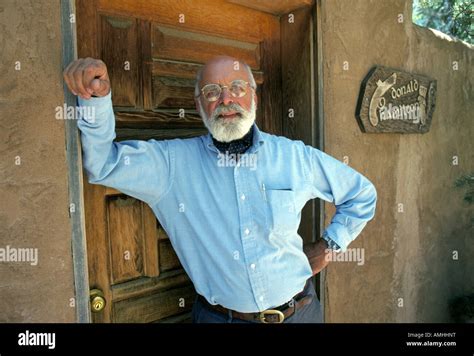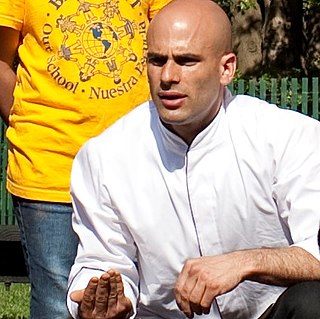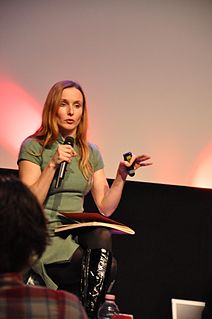A Quote by Saint Bernard
There is a daily discussion with our servants about the price of food and the number of loaves: a conference with our presbyters to consider the sins of our people is a very rare occurrence.
Quote Topics
Related Quotes
But veteran lawmakers torn apart by PTSD don't have a choice about being Exhibit A in the case against Washington politics. When you see what can happen to a page or a junior congressman, it passes on in a very real way, not in a history-class sense, that reality of what political power really is, .. Who are we to impose this emotional albatross on public servants? As a nation, we pretend to elect our leaders. It seems unjust to make them a special class to suffer for our sins over wrongheaded laws, or pay a continuing emotional price for securing their future careers.
India has the largest number of hungry people. Yet it's an outcome of precisely the same mechanism. It's the control of agriculture that drives down the price it paid for food that it buys from farmers, who are the poorest people. Then you're paying very little for food. You're underpaying the poorest people in any society. Then they're marketing to us the things that are most profitable to them. And those are the things that are packaged and processed and what-have-you. That means you have the simple thing of the explosion of obesity and hunger as a result of capitalism in our food system.
Cooking is a holistic process of planning, preparing, dining and sharing food. I place food at the center of our humanity, as it nourishes not only our physical bodies but also our emotional and spiritual lives. Food is truly a cultural phenomenon that informs our traditions and our relationship with the earth. I genuinely believe that food connects us all.
The point is not that the resurrection is the price paid for our sins. The point point is that the resurrection proves the death of Jesus is an all-sufficient price. If Jesus did not rise from the dead, then his death was a failure, God did not vindicate his sin-bearing achievement, and we are still in our sins.
It's in that tradition that we're here today, and we look to soup because there's no force on the globe that brings people together on a daily basis with the same consistency and manner than the cultivation, preparation and eating of food. Food affords us the opportunity to touch everyone in our community, to address the needs of all groups - food is the intersection of the most pressing issues of our time.
Which people take the time to care for their souls, these days? I reckon not many. But...hear this: I think that maybe in our lives - in our scrabbling for food, in the washing of our bodies and warming of them, in our small daily battles - we can forget our souls. We do not tend to them, as if they matter less. But I don't think they matter less.
I think it's going to open up a wider place for a discussion about we ought to come together in our churches, in our neighborhoods, in our work places, in our clubs and our networks. I think it'll be more acceptable to talk about it. We'll see what happens. It'll take some time. But I think it will.

